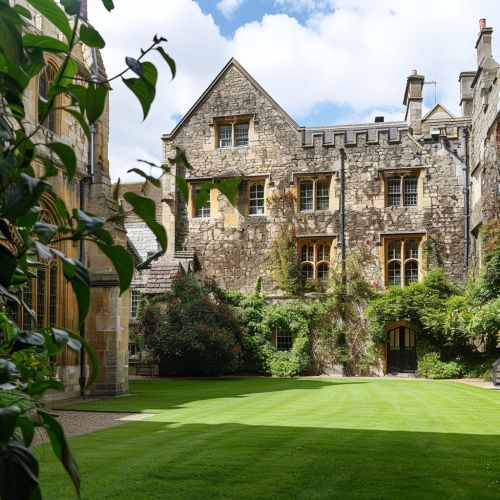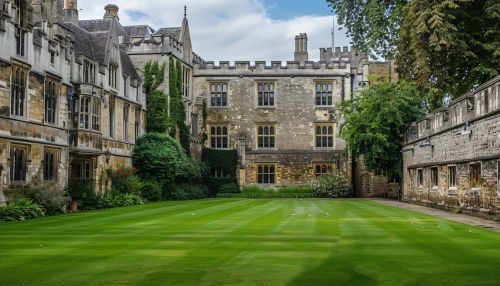History of the University of Cambridge
Origins and Foundation
The University of Cambridge is one of the oldest and most prestigious universities in the world. Its history dates back to 1209 when a group of scholars left the University of Oxford following a dispute with the townsfolk. They settled in the small town of Cambridge and established what would become a world-renowned institution of higher learning.


Growth and Development
Over the centuries, the University of Cambridge expanded significantly, both in terms of its physical presence and its academic offerings. By the 15th century, it had grown into a thriving community of scholars, with seven colleges: Peterhouse, Clare, Pembroke, Gonville and Caius, Trinity Hall, Corpus Christi, and King's.
The Renaissance Period
The Renaissance period was a time of significant growth and change for the University of Cambridge. The university became a leading centre for the humanist movement, attracting scholars from across Europe. During this time, the university also saw the establishment of its first printing press, which played a crucial role in disseminating knowledge and ideas.
The Enlightenment and Beyond
The Enlightenment brought about a new era of scientific discovery and intellectual exploration at the University of Cambridge. The university was at the forefront of many groundbreaking scientific discoveries, including the development of the laws of motion by Sir Isaac Newton.
Modern Era
In the 20th and 21st centuries, the University of Cambridge has continued to be a leading institution for research and education. It has made significant contributions to various fields, including physics, medicine, and computer science.
Colleges
The University of Cambridge is comprised of 31 constituent colleges, each with its own unique history and traditions. These colleges provide accommodation, pastoral care, and social activities for students, while teaching and research are carried out by university departments.
Academics
The University of Cambridge offers a wide range of undergraduate and postgraduate courses, spanning various disciplines. It is renowned for its rigorous academic standards and its commitment to intellectual inquiry and research.
Research
The University of Cambridge is a world leader in research, with its researchers making significant contributions to various fields. The university's research output is diverse and far-reaching, spanning disciplines such as physics, medicine, engineering, and humanities.
Student Life
Student life at the University of Cambridge is vibrant and diverse, with numerous clubs, societies, and events for students to participate in. The university also has a strong tradition of sports, with many students representing the university in various sports competitions.
